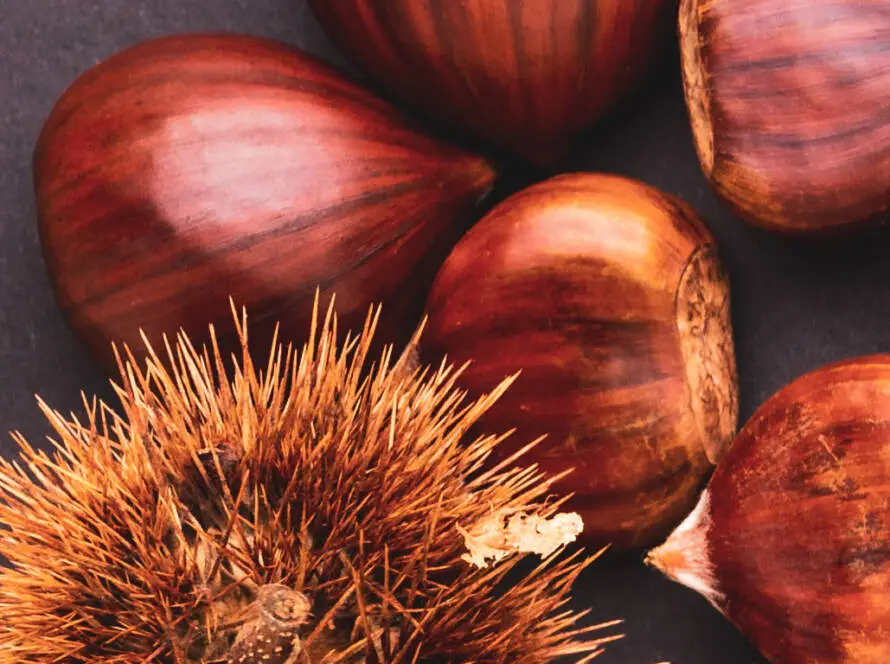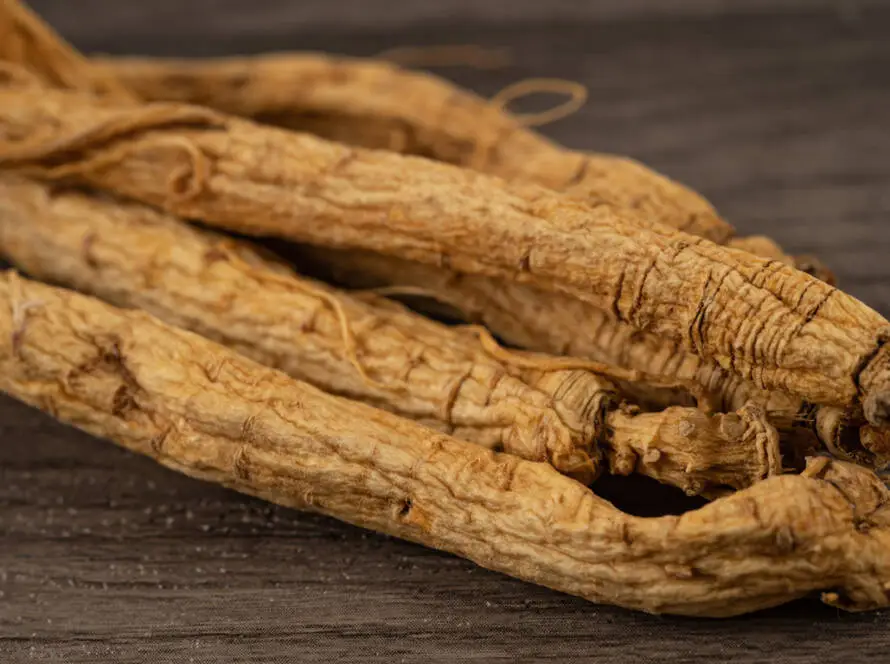Devil’s Claw
Introduction
Devil’s Claw, scientifically known as Harpagophytum procumbens, is a plant native to the Kalahari Desert and the Namibian steppes of southwest Africa. This herb has garnered attention for its medicinal properties, particularly its effectiveness as a natural remedy. The secondary roots of the plant are typically used in decoctions and teas, making them easy to incorporate into various forms of treatment. Traditionally, native African communities have relied on Devil’s Claw as a folk remedy for a range of ailments, including liver and kidney disorders, allergies, headaches, and notably rheumatism. Groups such as the Bushmen, Hottentots, and Bantu in South Africa have used this plant for generations. Nowadays, it is marketed in Canada and Europe primarily as a home remedy for arthritis relief.
Common Names
- Devil’s Claw
- Grapple Plant
Uses
Devil’s Claw is primarily recognized for its potential benefits in treating a variety of conditions, with the most notable being:
- Arthritis
- Rheumatism
In addition to these primary uses, research suggests that Devil’s Claw may possess several other beneficial properties:
- Hypotensive: It may help lower blood pressure.
- Anti-arrhythmic: Could aid in regulating heart rhythms.
- Anti-inflammatory: Known for its ability to reduce inflammation.
- Analgesic: Acts as a pain reliever, providing comfort to those suffering from chronic pain conditions.
How It Is Used
Substantial studies have focused on the effectiveness of Devil’s Claw for conditions such as low back pain, muscle pain, and osteoarthritis. Typical dosages vary, but may include:
- Up to 9 grams of crude tuber daily.
- 1 to 3 grams of concentrated extract.
- 50 to 100 mg of harpagoside, the active compound believed to provide many of its health benefits.
Scientific Evidence
Clinical research, particularly from Germany, has highlighted the potential of Devil’s Claw for its anti-inflammatory effects. Some studies suggest that its effectiveness may be comparable to that of phenylbutazone, a commonly used anti-inflammatory medication. Additionally, it has been shown to have analgesic effects and may help reduce elevated uric acid and cholesterol levels, which can be beneficial for individuals with conditions like gout.
Side Effects and Cautions
While Devil’s Claw is generally considered safe for most people, there are some precautions to consider:
- It may interact with medications such as Ticlopidine and Warfarin, blood-thinning medications. Consulting a physician before use is advisable, especially for individuals taking prescription medications.
- The plant can stimulate the secretion of stomach acid, which may pose risks for those with peptic ulcers, gastritis, or excessive stomach acid. People with gallstones should also exercise caution when considering Devil’s Claw.
Conclusion
Devil’s Claw is a potent herb with a rich history of traditional use in African medicine. Its applications for arthritis, rheumatism, and other health conditions are backed by growing scientific research. However, as with any herbal remedy, it is crucial to consult a healthcare professional before starting treatment, especially if you have existing health conditions or are on other medications. By understanding the benefits and potential risks, individuals can make informed decisions about incorporating Devil’s Claw into their wellness routine. As research continues, this ancient herb may hold even more promise for modern health solutions.
Resources
- Drugs.com
- Wikipedia.com
This summary highlights the key aspects of Devil’s Claw, including its traditional uses, potential benefits, and safety considerations.
Disclaimer
The information I’ve shared about herbs is for educational purposes only and is not meant as medical advice. While many herbs have been traditionally used for their potential health benefits, individual responses may vary, and the effectiveness of herbs can depend on various factors, including personal health conditions and interactions with medications. It is essential to consult with a qualified healthcare professional or a licensed herbalist before using herbs for medicinal purposes or making significant changes to your health regimen. This information should not be considered a substitute for professional medical advice, diagnosis, or treatment.


